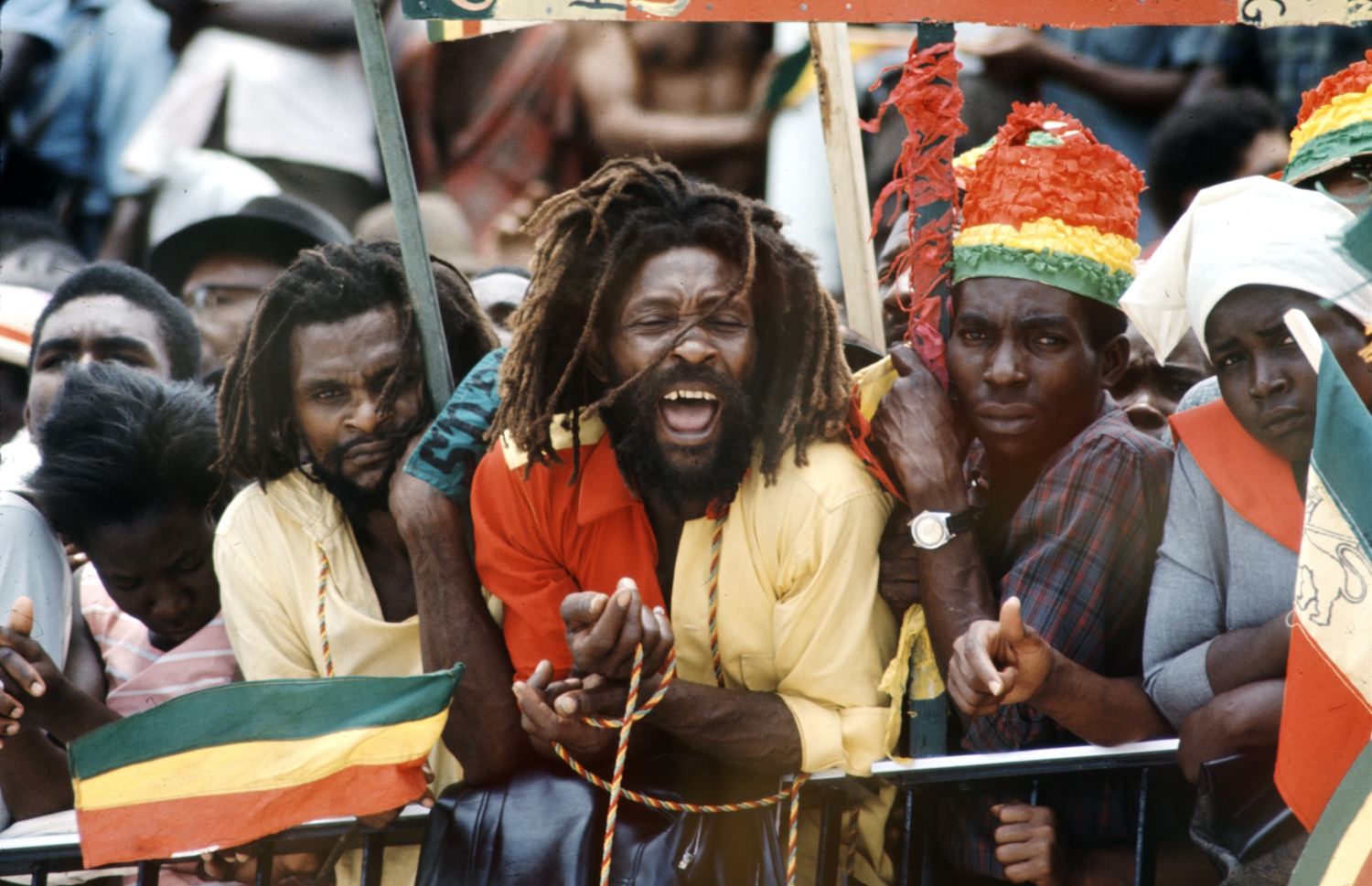
In terms of spiritual significance, few dates compete with April 21, 1966, in the hearts of Rastafari. Celebrated by the faithful the world over as Grounation Day, it marks the visit to Jamaica by the Emperor of Ethiopia, Haile Selassie I, a figure worshipped as a deity by Rastafari everywhere. (Selassie was born Tafari Makonnen Woldemikael on July 23, 1892, in the Ethiopian village of Ejersa Goro; “Ras” is a noble honorific—thus, Ras Tafari.)
Here, on Selassie’s birthday, LIFE presents photos from his historic 1966 trip to the Caribbean. The images capture something of the fervor and delight, as well as the barely restrained chaos, among thousands of believers upon seeing the man they considered a messiah—and whom countless others still view as a power-hungry fraud.
Like photographer Lynn Pelham’s pictures, the story of Selassie’s visit never ran in the American edition of LIFE. But informal observations made by LIFE staffers who were there provide some fascinating insights into how the proceedings were viewed—hint: negatively—by at least some in the national press.
In notes that accompanied Pelham’s rolls of Ektachrome film to LIFE’s offices in New York just days after Selassie’s visit, for example, an editor for the magazine wrote privately to his colleagues that “the Rastafarians went wild on Selassie’s arrival. They broke police lines and swarmed around the emperor’s DC-6 [plane]. They kept touching his plane, yelling ‘God is here,’ and knocking down photographer Pelham, who got smacked. The Rastafarians fouled up the visit, as far as most Jamaicans were concerned. But Selassie seemed to love the attention these strange, wild-eyed, lawless and feared Jamaicans gave him.”
The same editor noted a few days later, when Selassie visited the Haitian dictator “Papa Doc” Duvalier in Port-au-Prince, that “Papa Doc looked pretty much as evil as he did in 1963 when I last saw him.”
Haile Selassie died in Aug. 1975, almost a year after he was deposed in a military coup. There is no consensus, among historians or among Rastasfari, on whether he died of medical complications while under house arrest in Addis Ababa, or was assassinated.
Liz Ronk, who edited this gallery, is the Photo Editor for LIFE.com. Follow her on Twitter @lizabethronk.
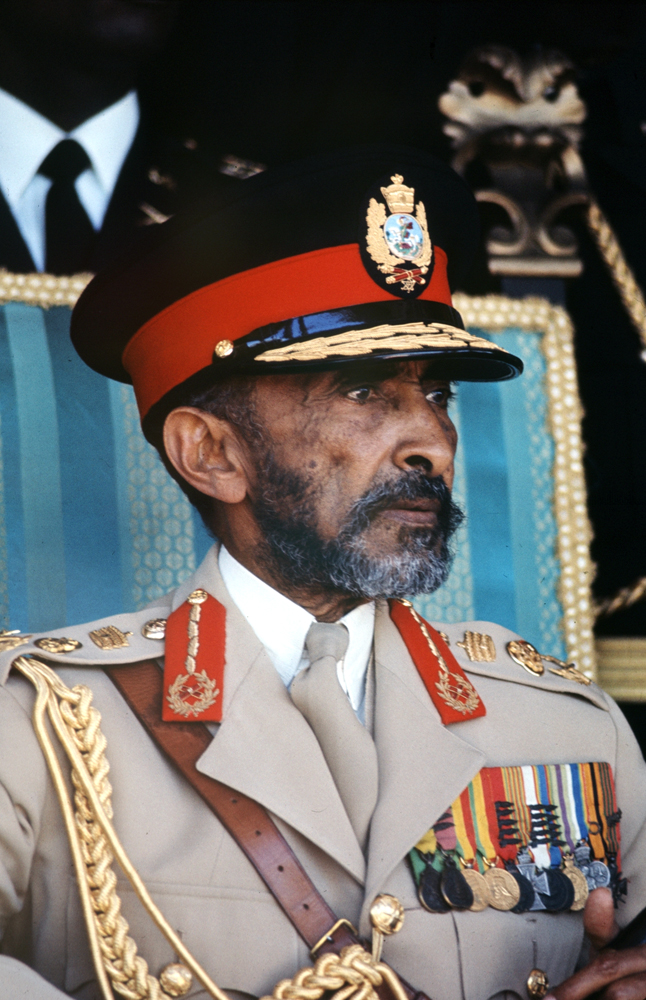
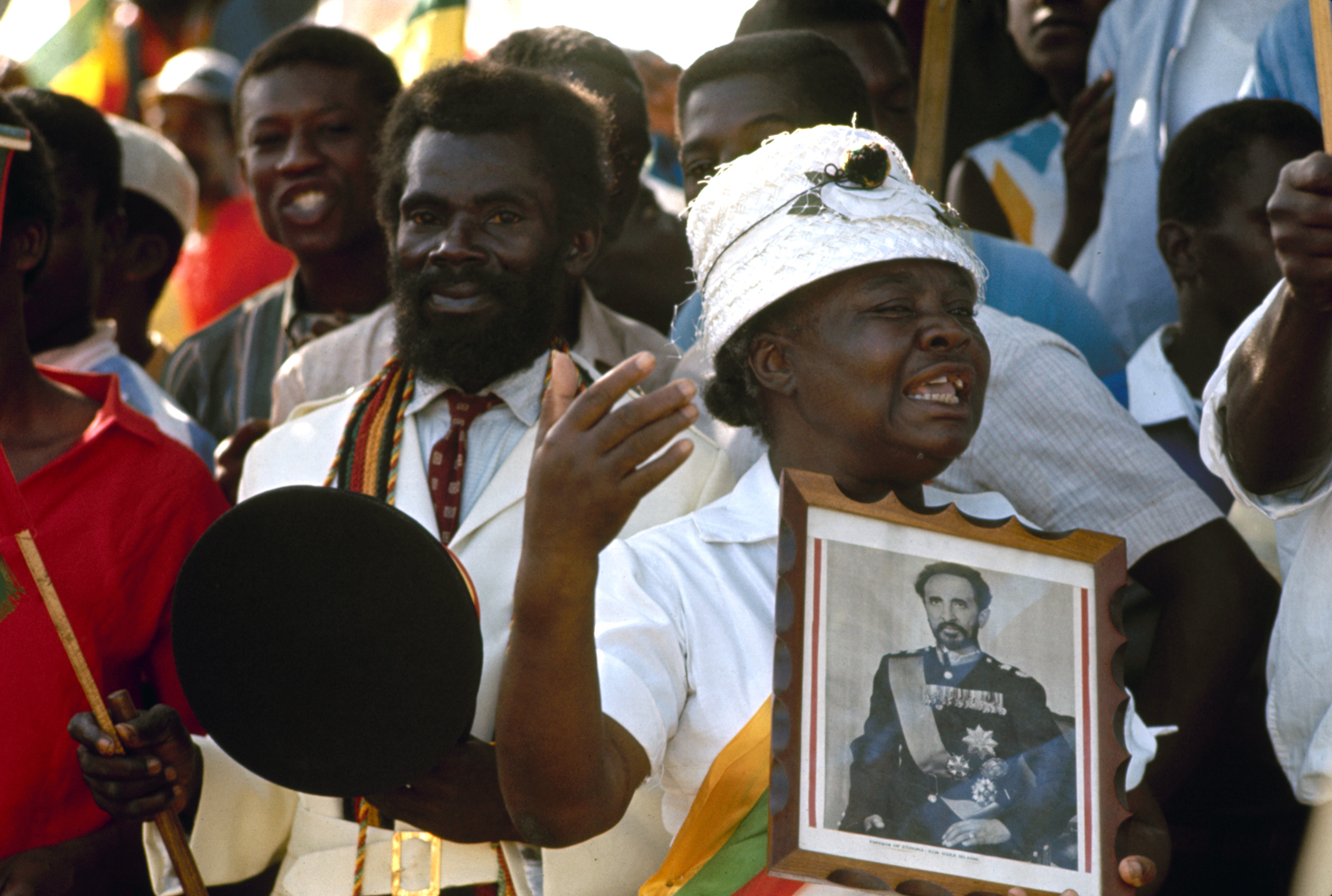
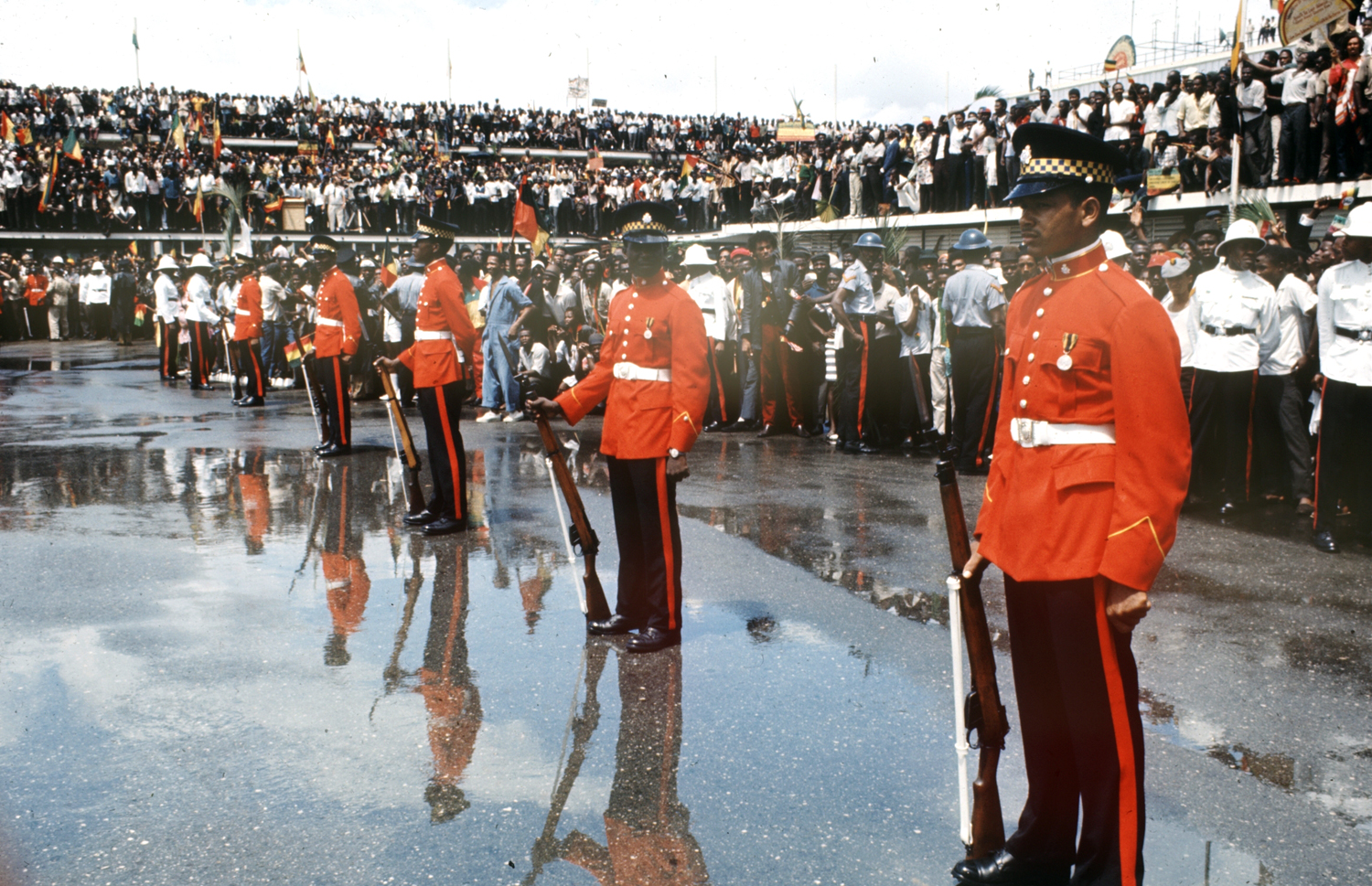
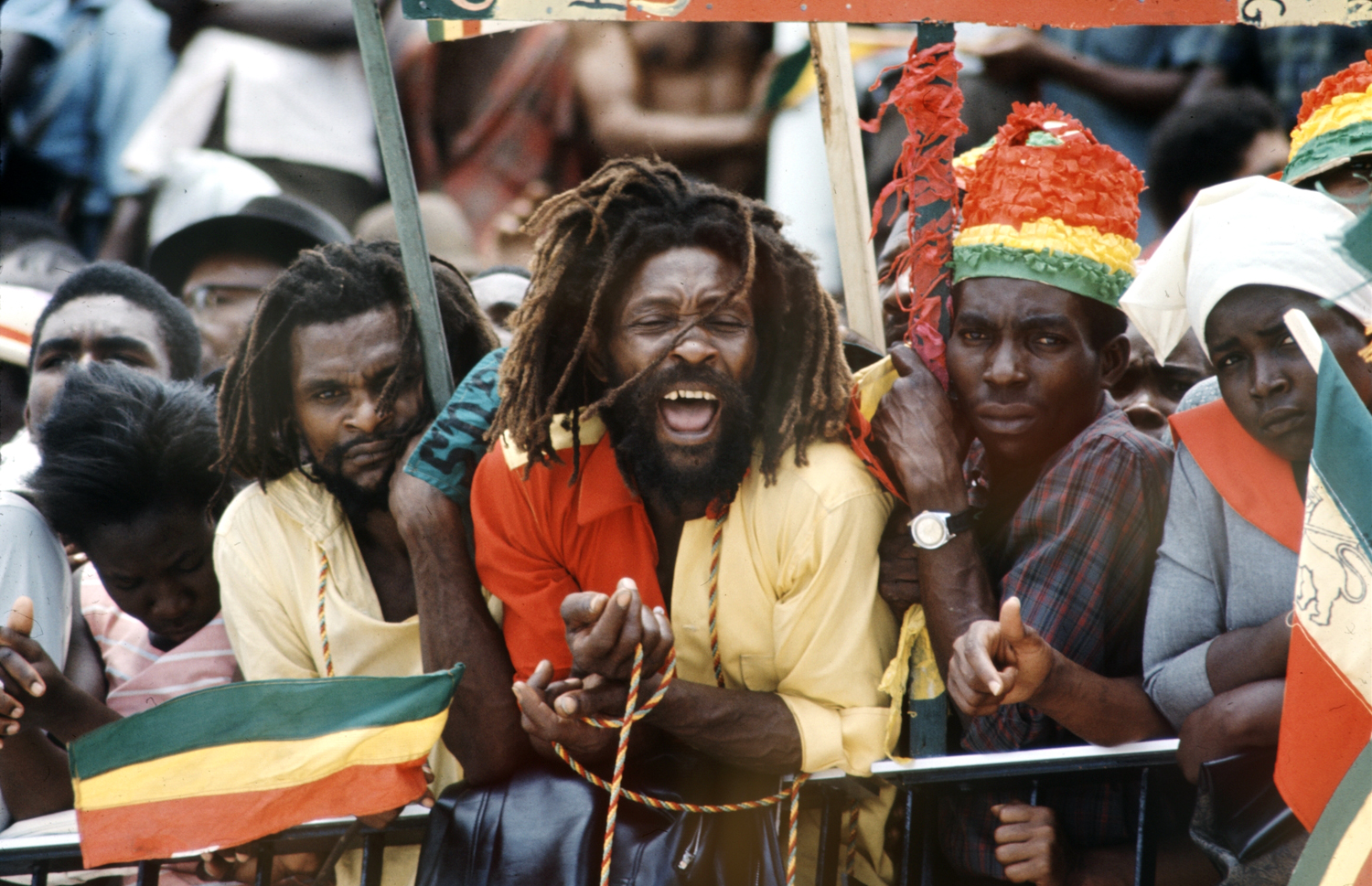

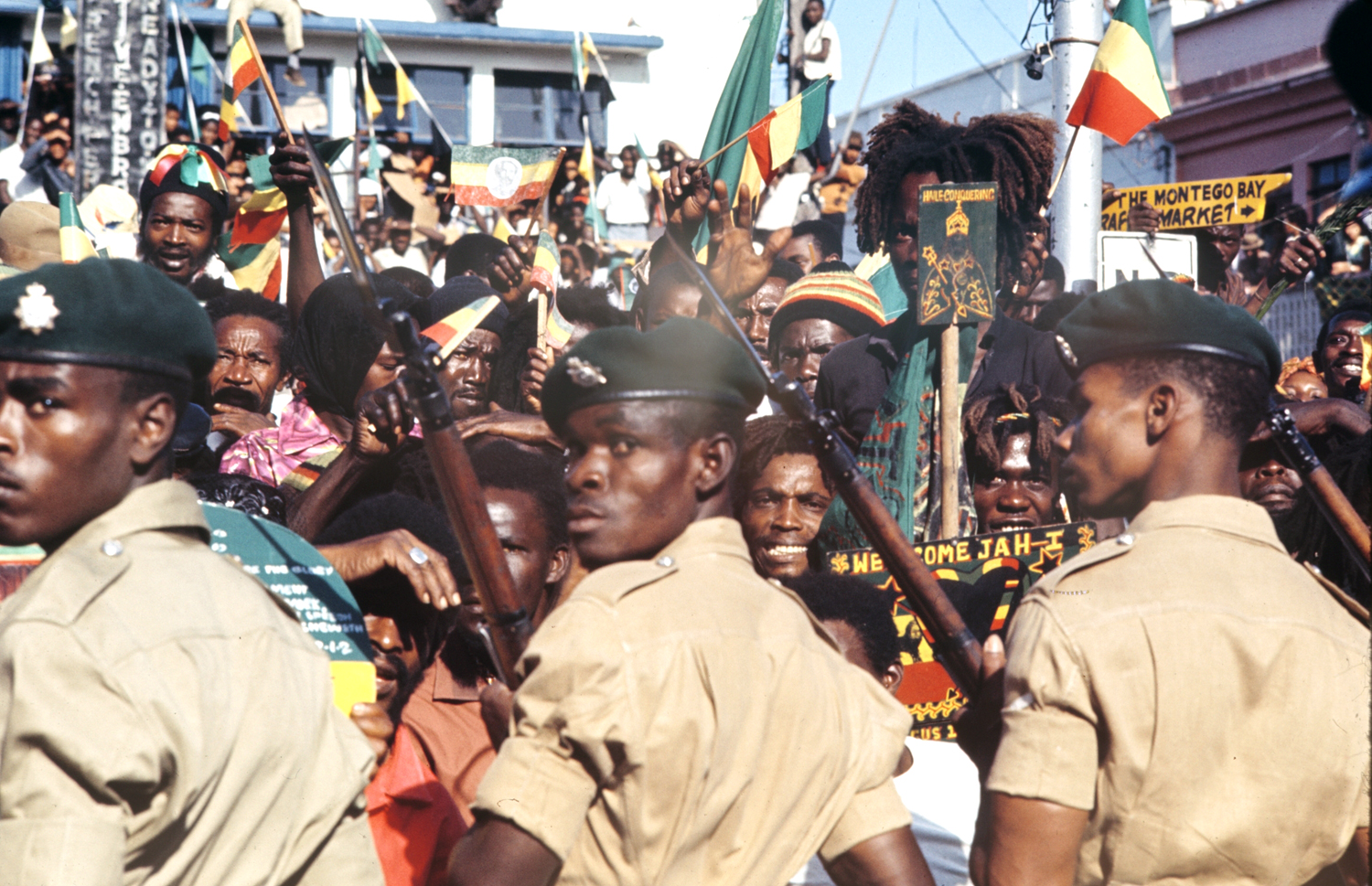
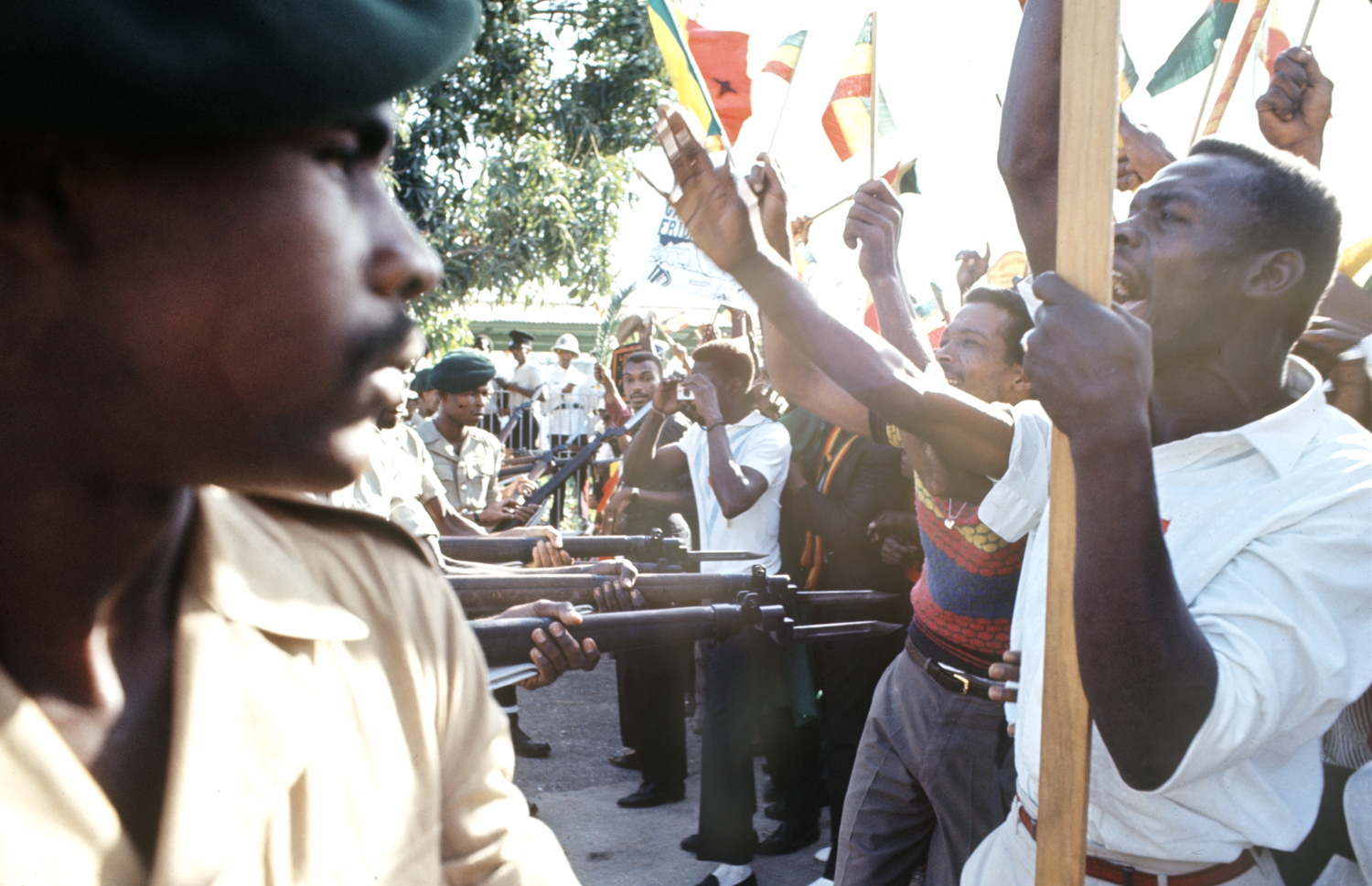
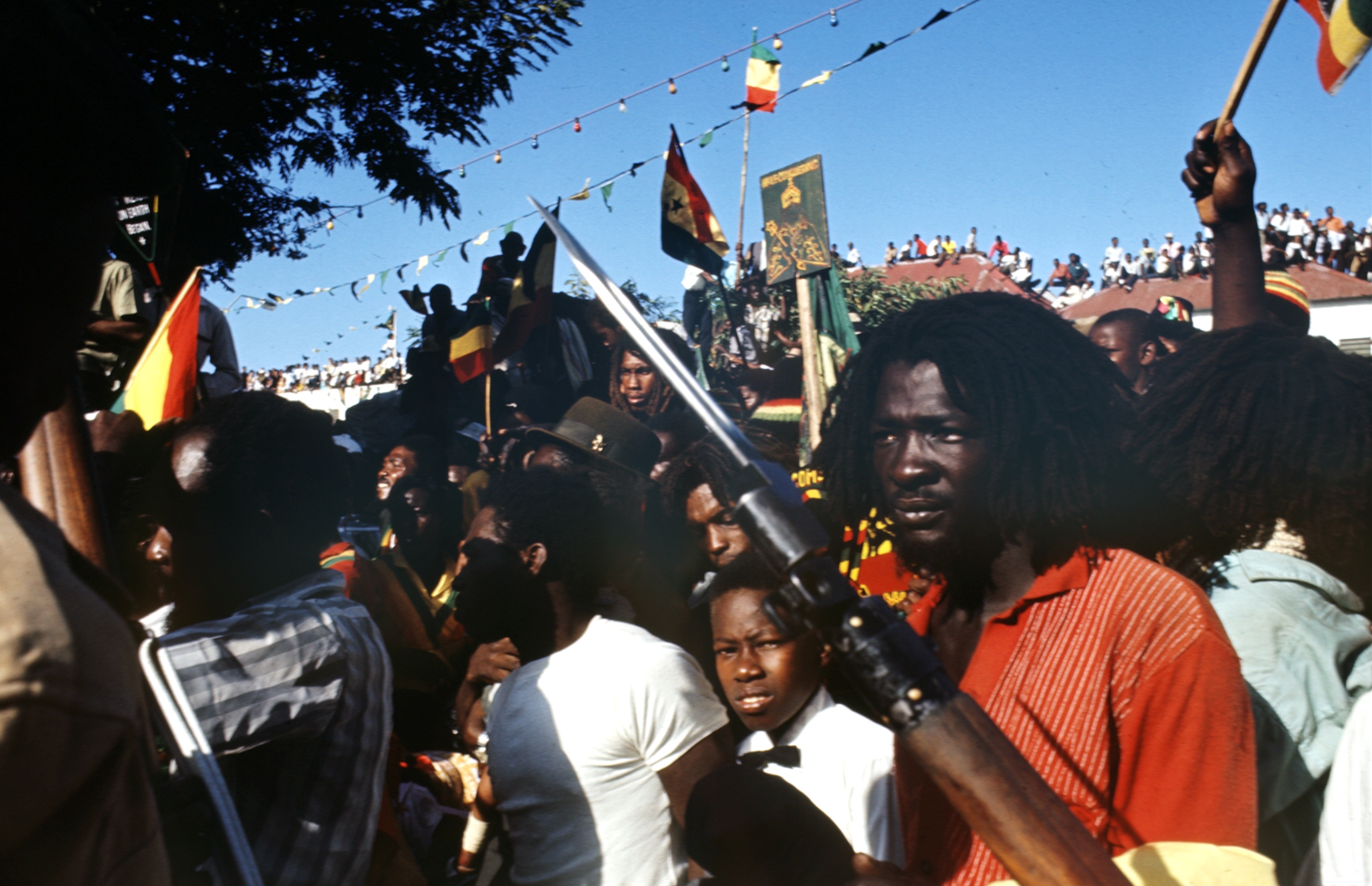
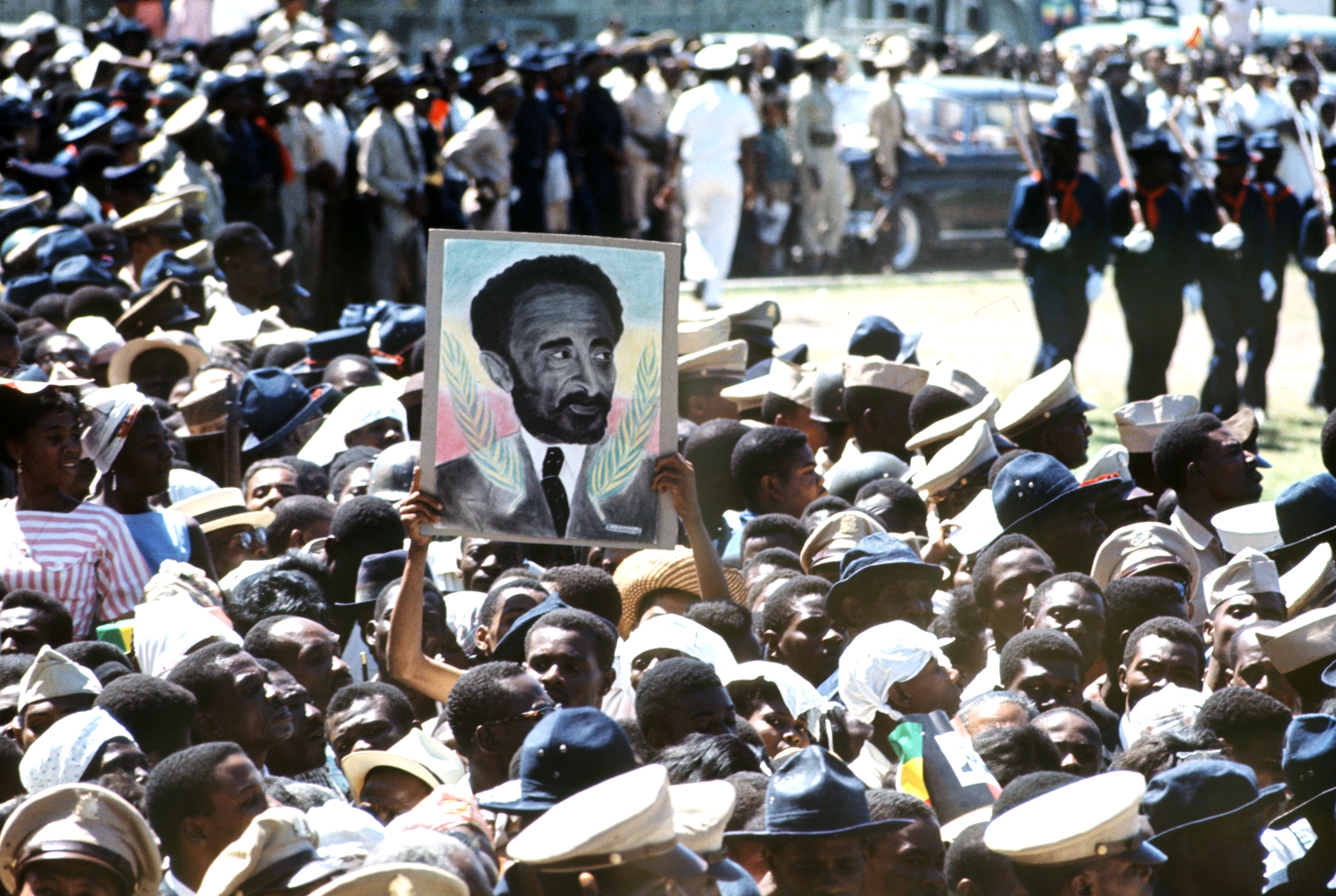
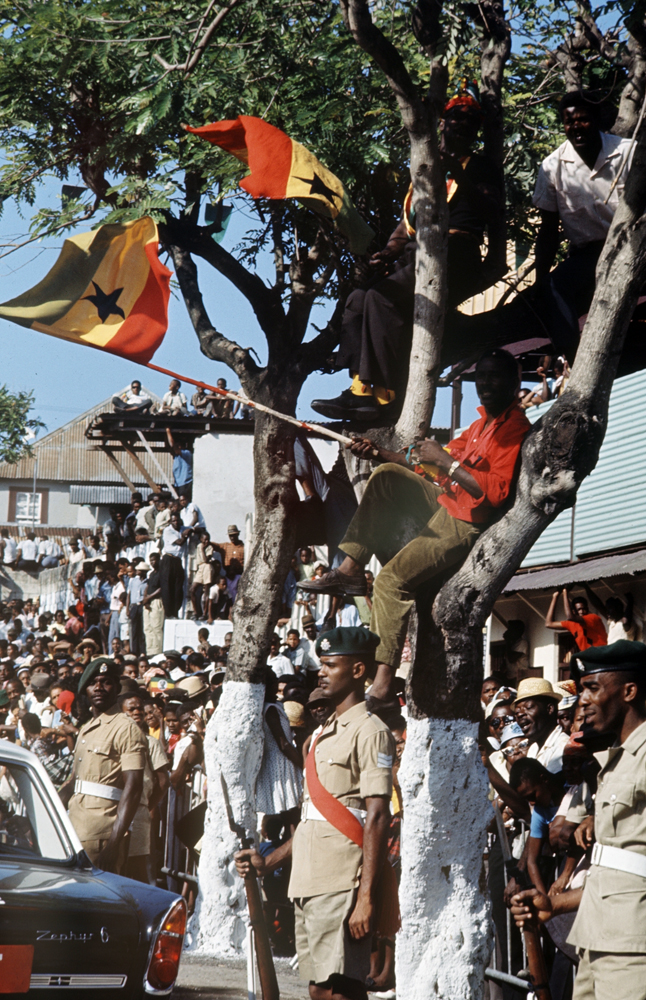
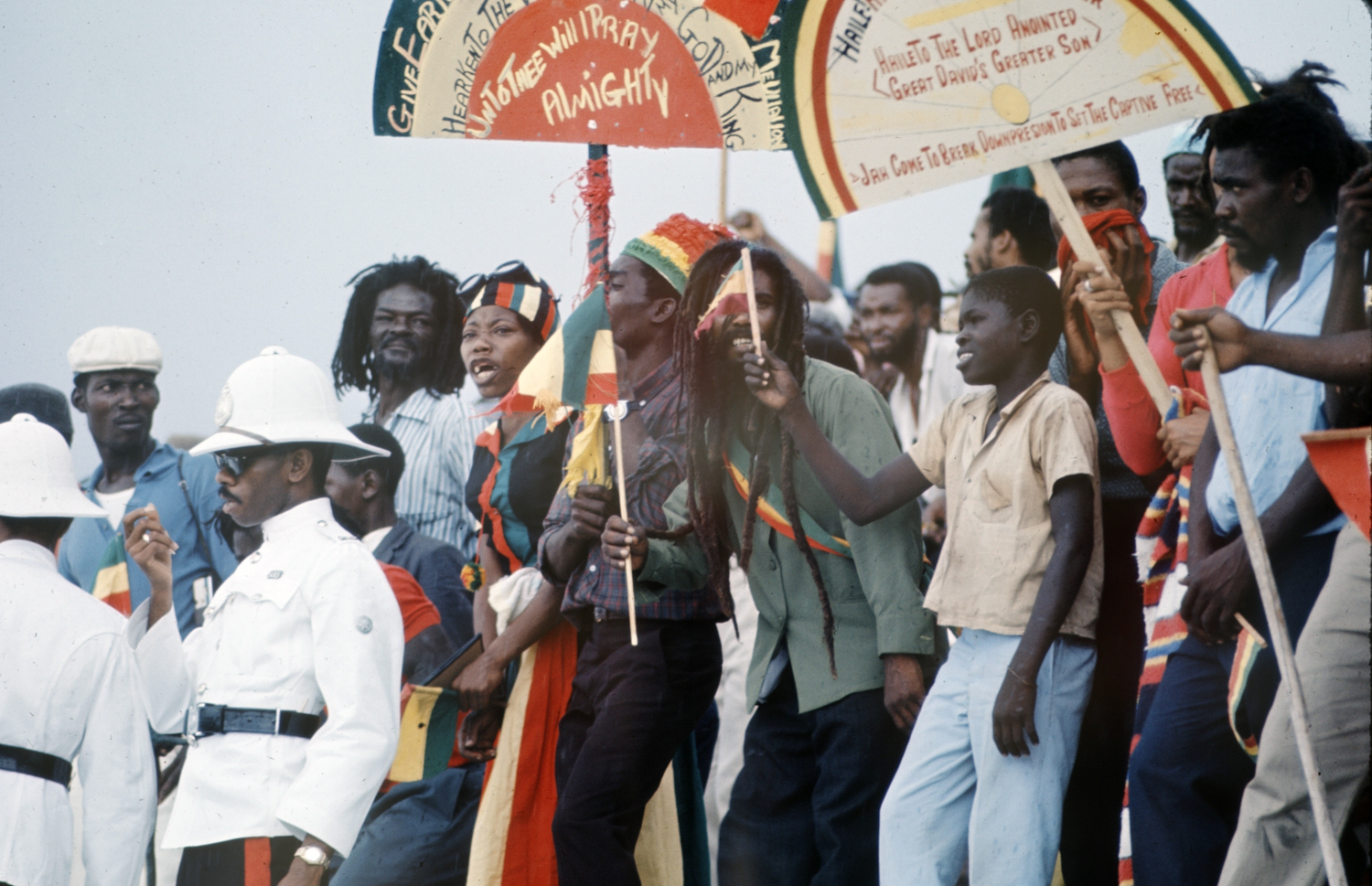
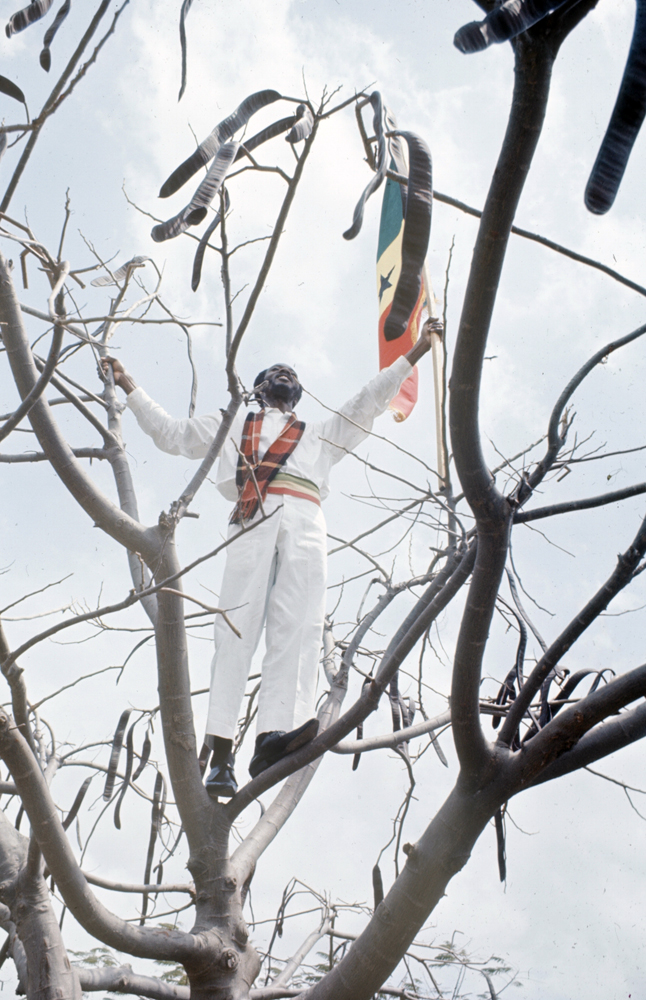
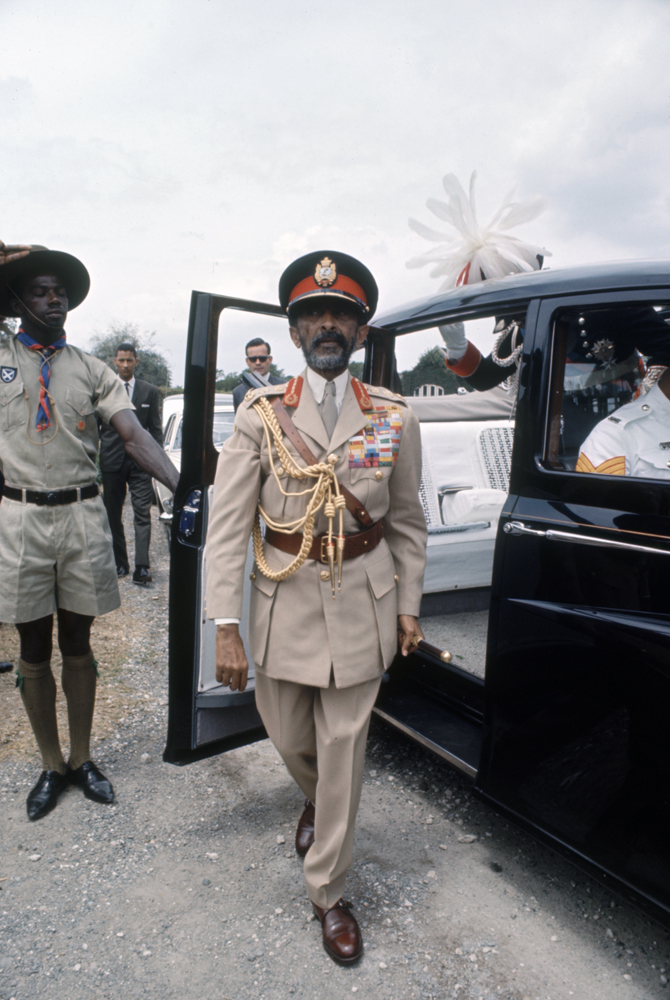
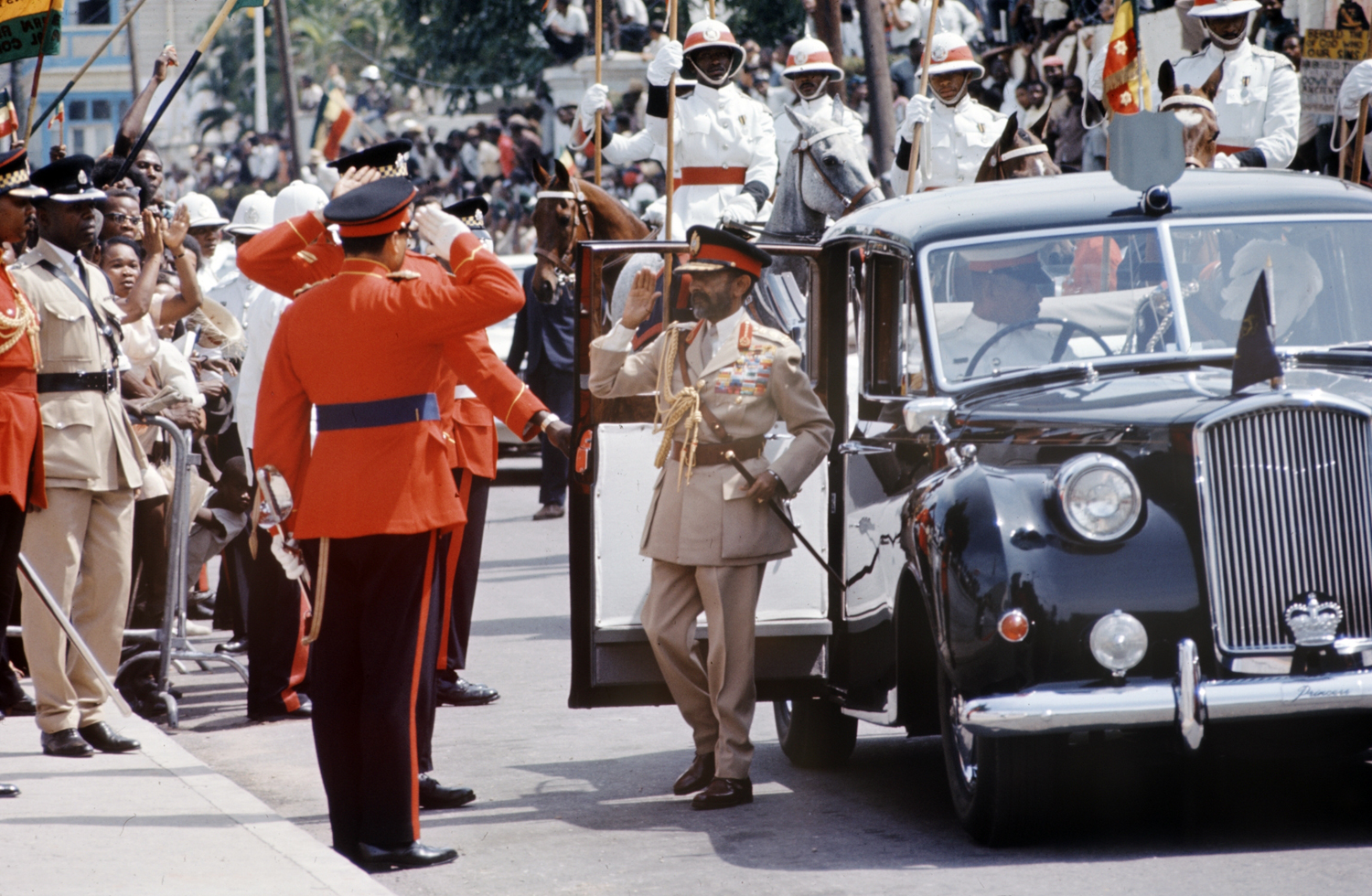
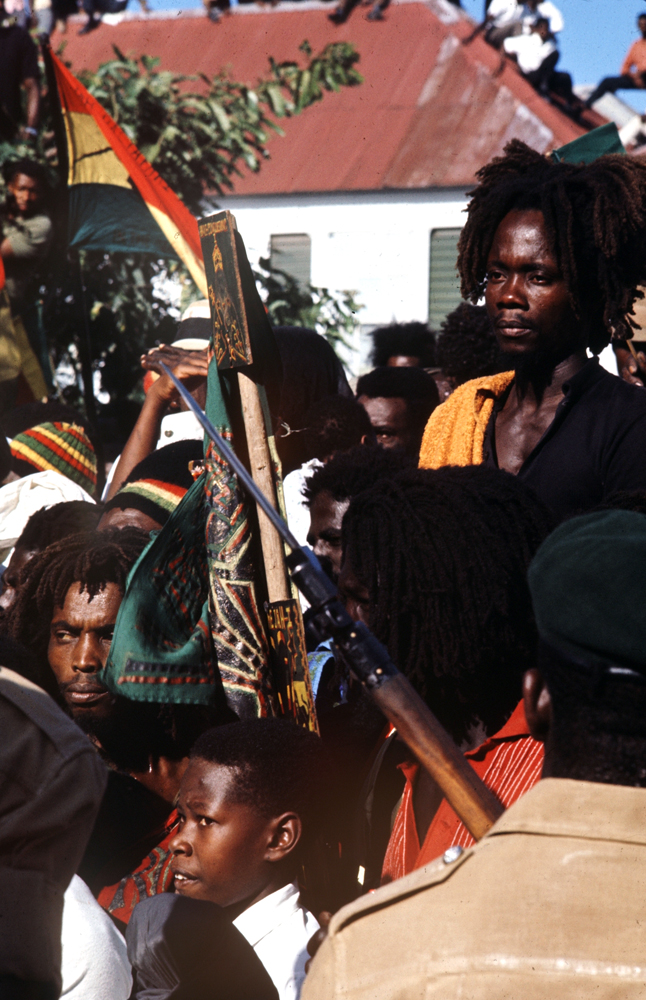
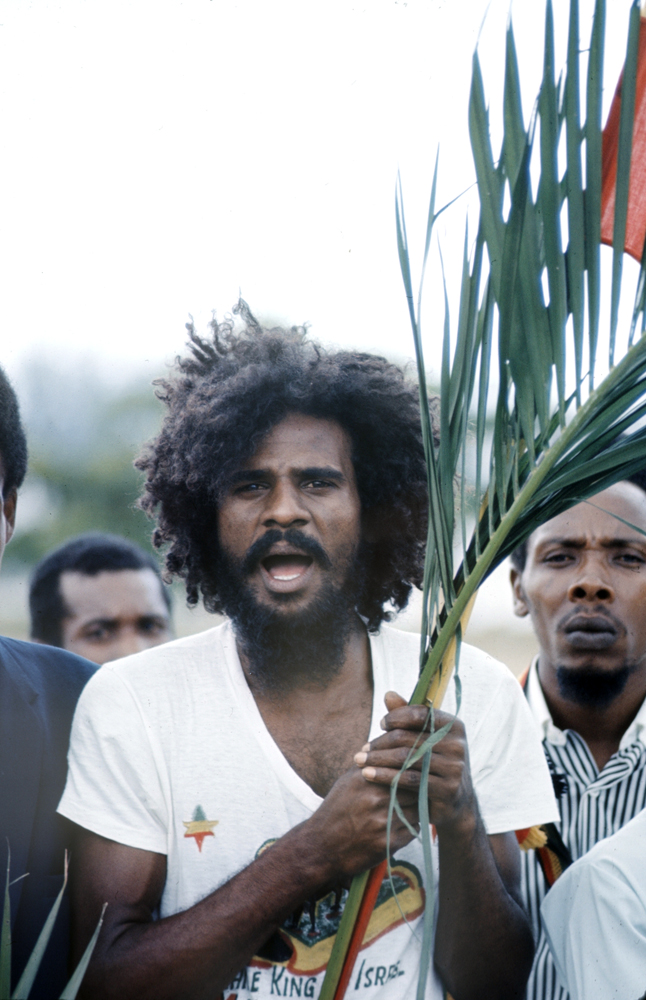
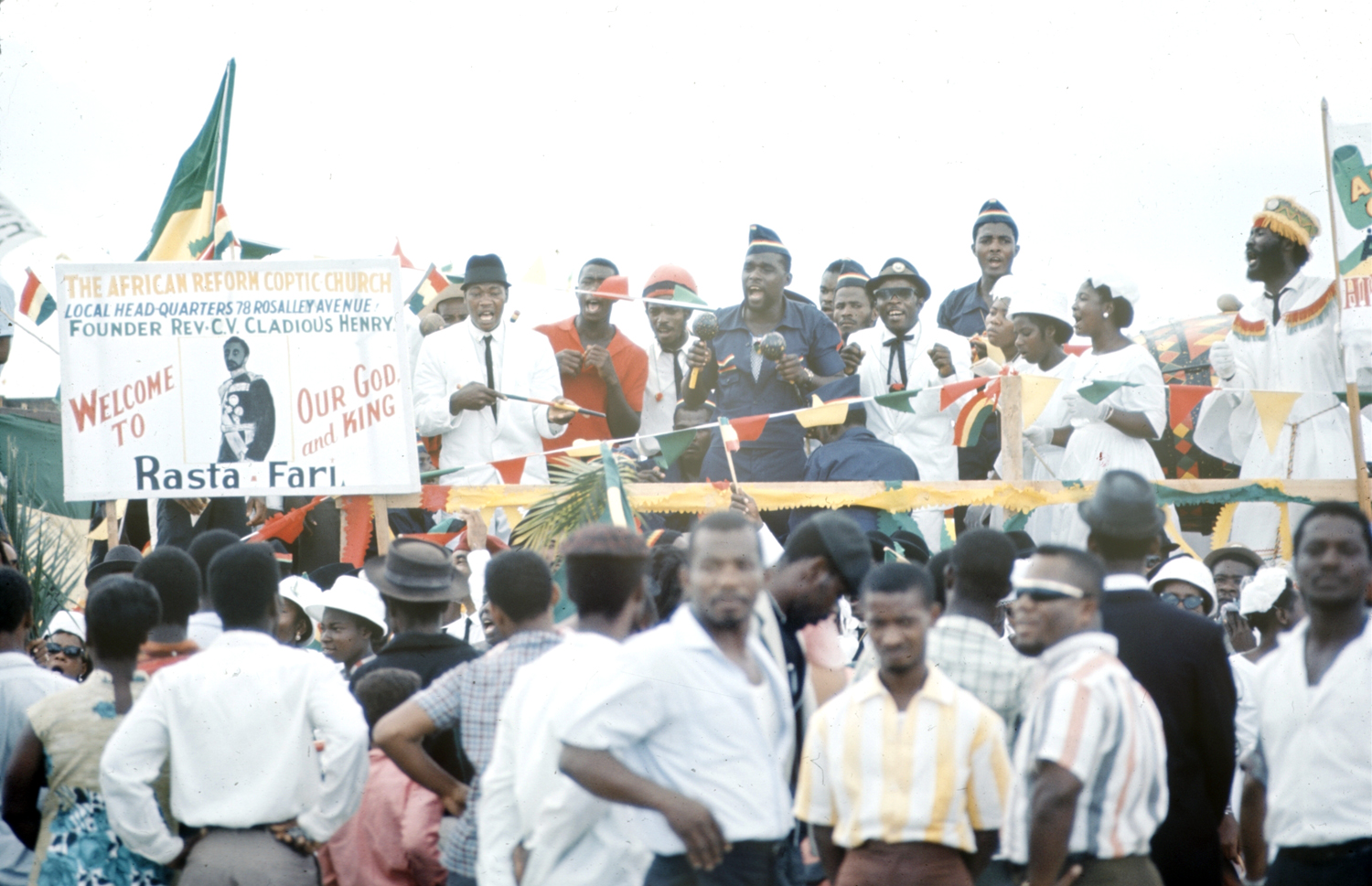
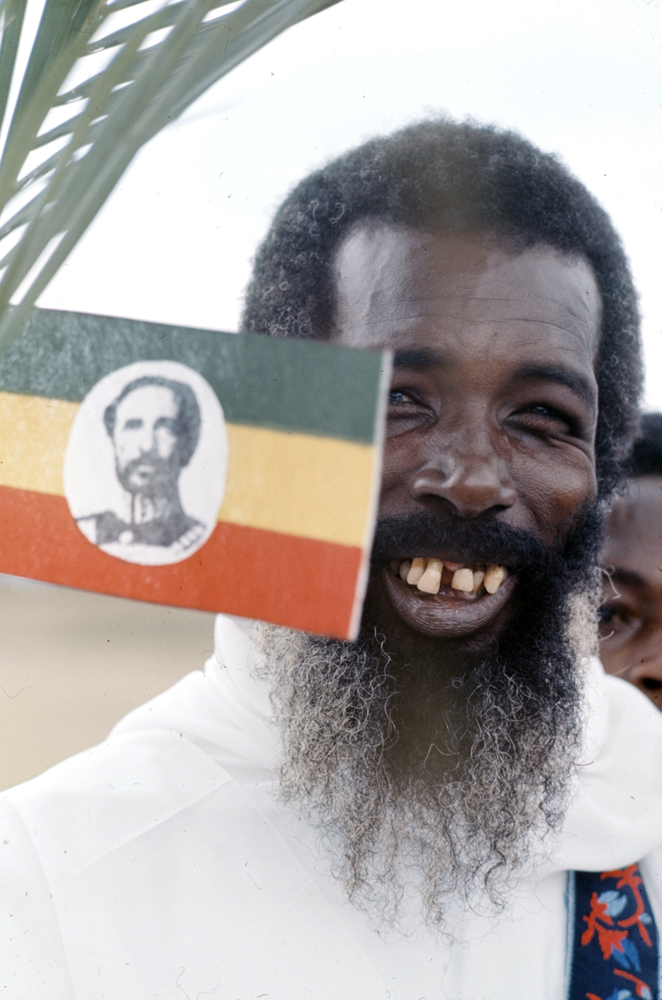
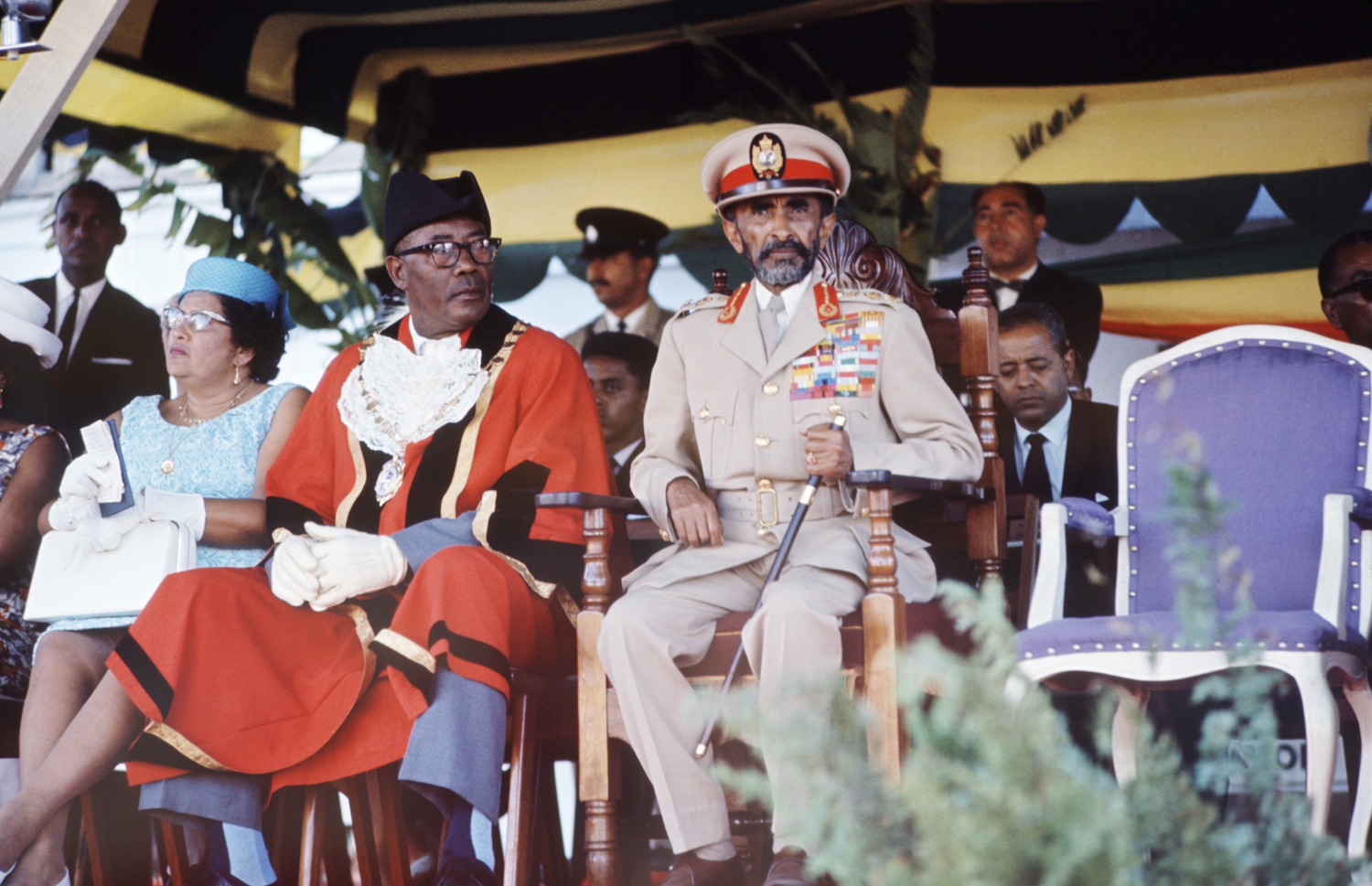
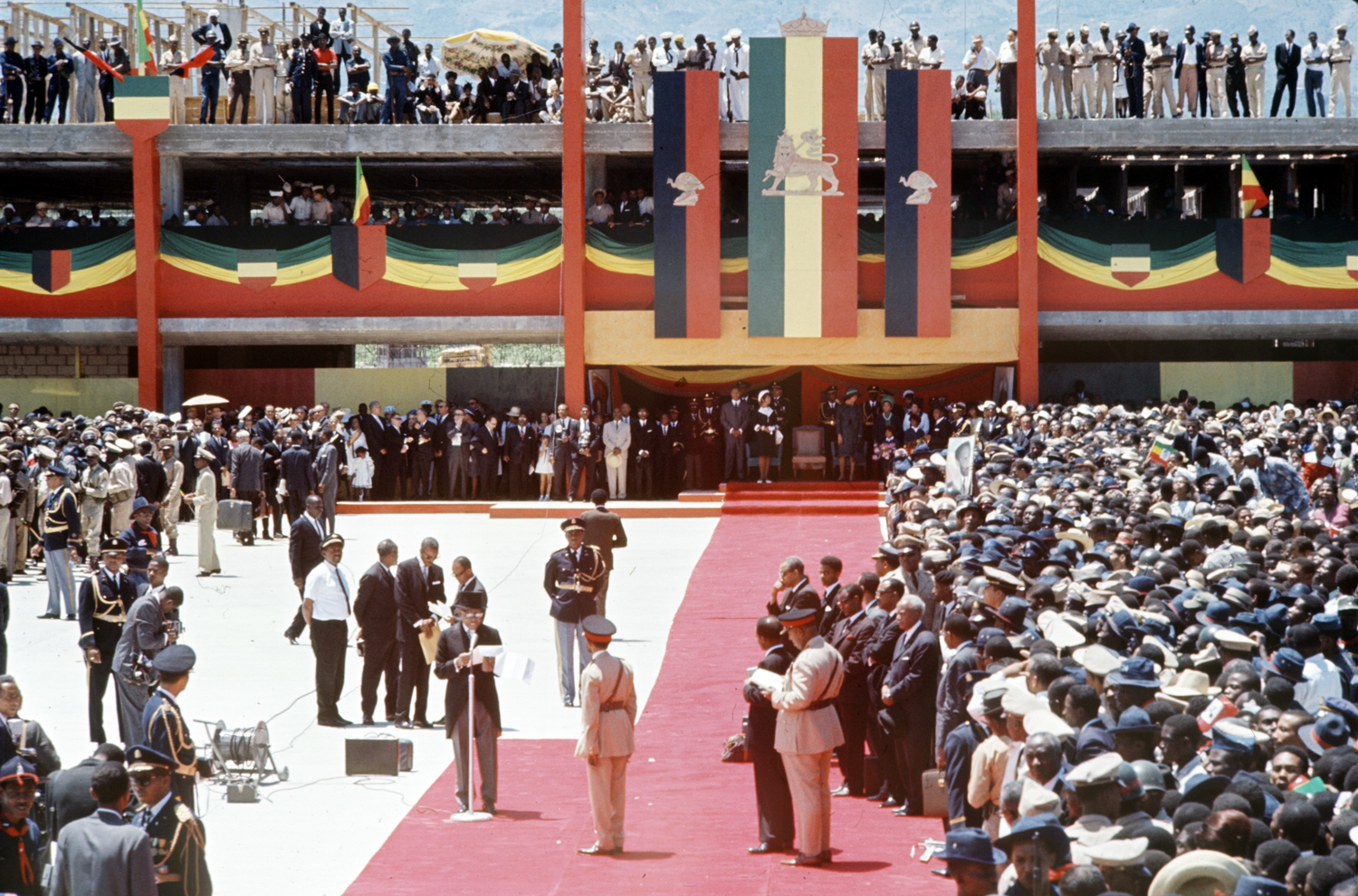
More Must-Reads From TIME
- The 100 Most Influential People of 2024
- The Revolution of Yulia Navalnaya
- 6 Compliments That Land Every Time
- What's the Deal With the Bitcoin Halving?
- If You're Dating Right Now , You're Brave: Column
- The AI That Could Heal a Divided Internet
- Fallout Is a Brilliant Model for the Future of Video Game Adaptations
- Want Weekly Recs on What to Watch, Read, and More? Sign Up for Worth Your Time
Contact us at letters@time.com